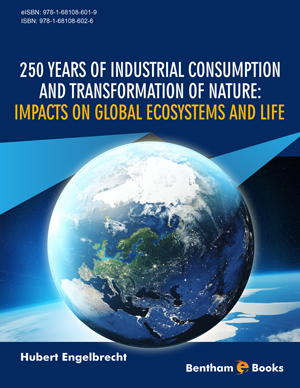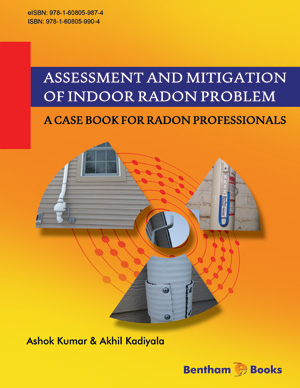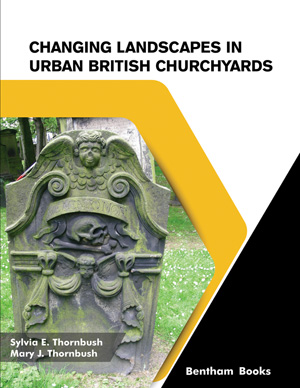Abstract
University field stations are located off site from the main campuses and frequently in a natural setting, providing opportunity for students, faculty, and the public to engage with - and appreciate - local ecosystems. Their missions usually encompass the three cornerstones of environmental research, education, and outreach/community engagement, which go hand-in-hand with understanding and furthering sustainability. University field stations enhance environmental sustainability by helping to preserve a natural setting for coming generations, fostering research and monitoring of local ecosystems and their component biodiversity, and training the next generation and citizen scientists for field and laboratory work. Here we provide an example of how we are addressing sustainability through growth of the Lake Erie Center, a mid-sized university center with modest funding and staff that is located at the heart of land-water issues of runoff, sedimentation, algal blooms, legacy contaminants, and habitat loss facing the world’s largest freshwater ecosystem of the Laurentian Great Lakes. We have networked our mission by building an Environmental Science Learning Community, which brings together faculty, students, educators, agencies, stakeholders, and the public to work towards the common goal of improving land-lake ecosystem services. This background has allowed us to rapidly respond to the August 2014 “Toledo Water Crisis” in which the Lake Erie water supply to 500,000 local citizens was contaminated by the algal toxin microcystin, resulting in a “do not drink” health advisory. The Lake Erie Center’s strategic location, both geographically and scientifically, has enhanced our effective education, research, and community engagement programs.
Keywords: Biodiversity, Climate change, Dreissena polymorpha, Dreissenid mussel, Eddy covariance, Field station, Graduate student education, Harmful algal bloom, Invasive species, Lake Erie, Microcystis, Quagga mussel, Sander vitreus, Sensor network, Sustainability, Tiered mentoring, Toledo, Undergraduate education, Unionid mussel, Walleye, Water quality, Zebra mussel.












